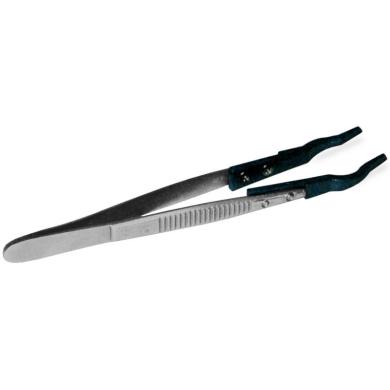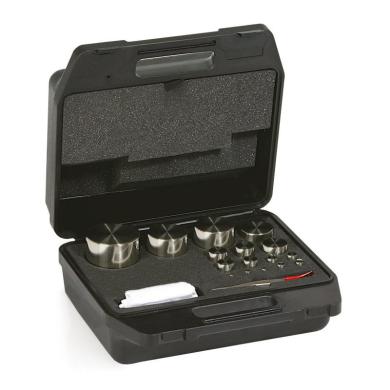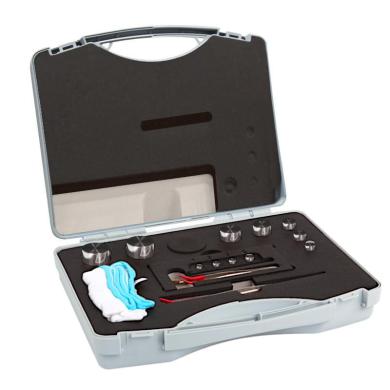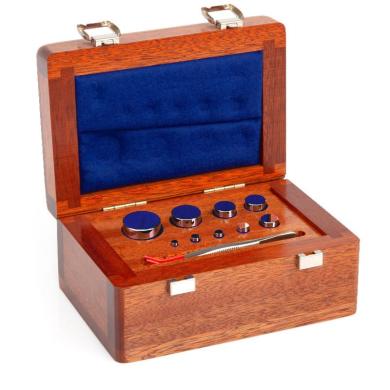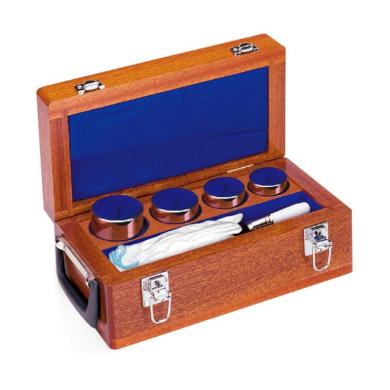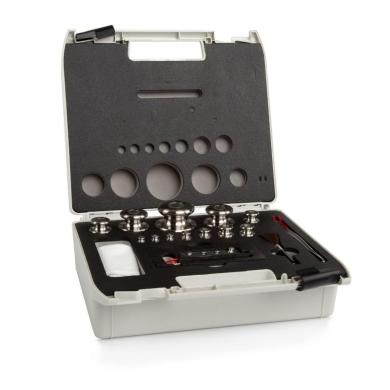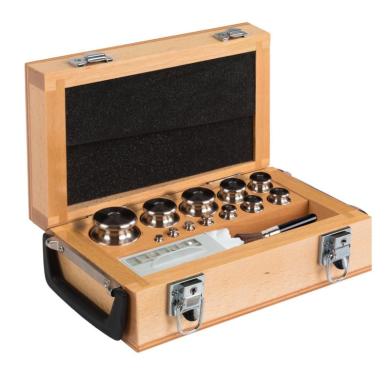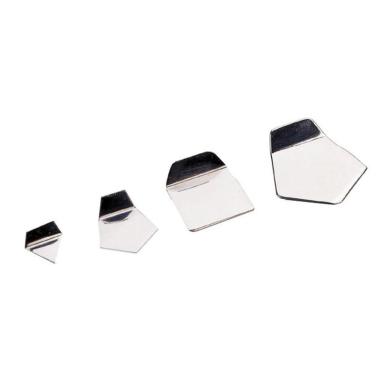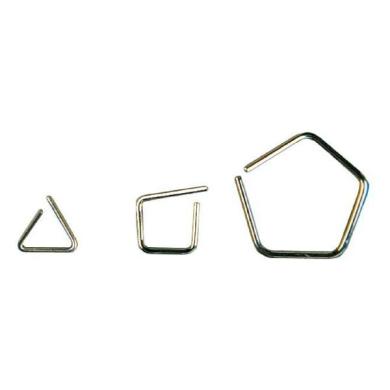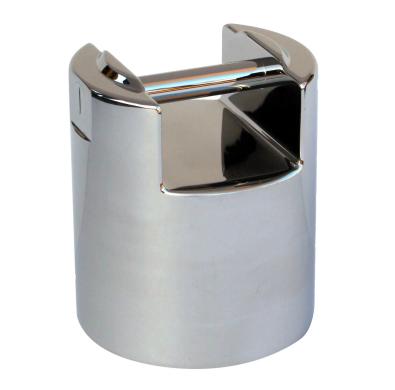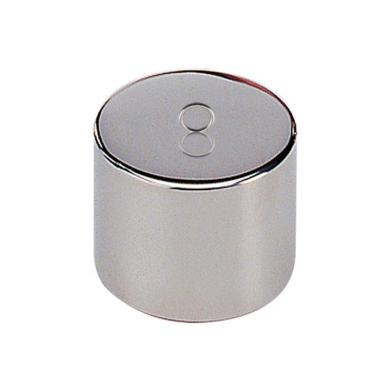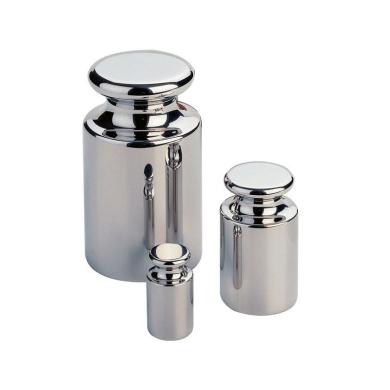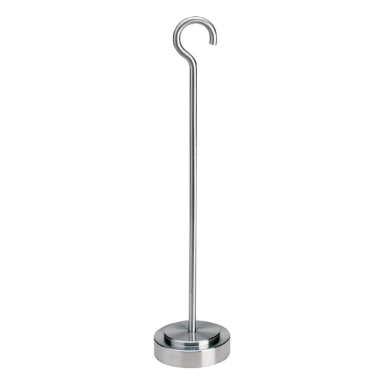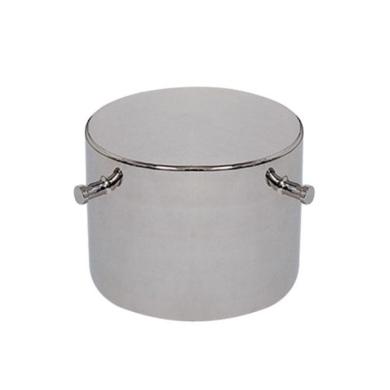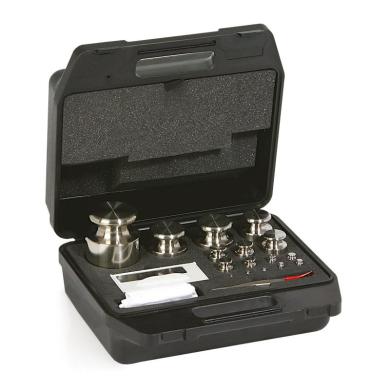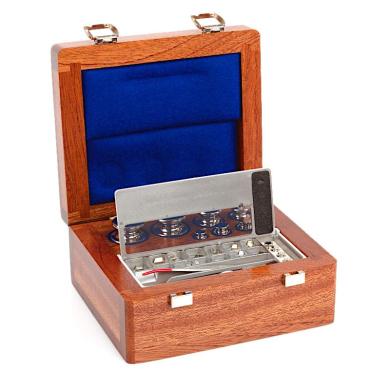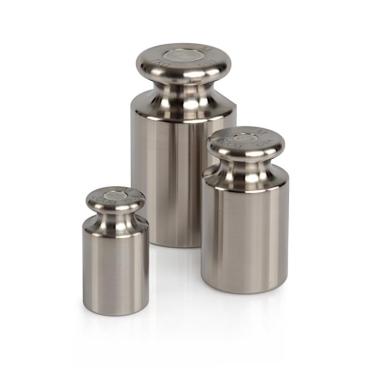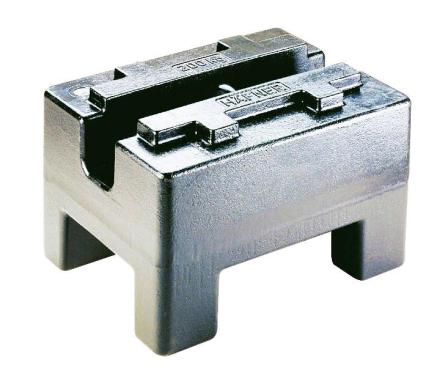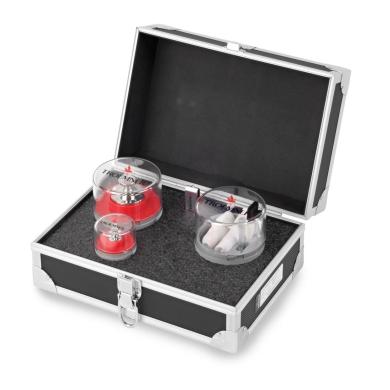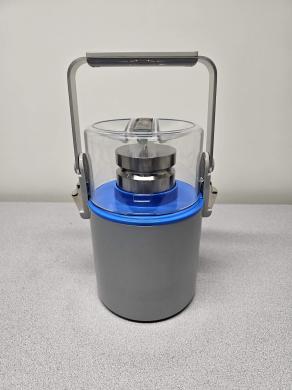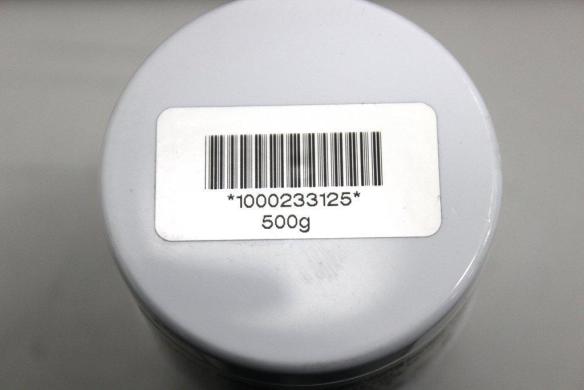Offering the best quotes for your research!
New and used scientific instruments
🚚 Shipping Worldwide 🌎
✉️ info@questpair.com
Do you have items to sell? Post them on QuestPair and reach thousands of potential buyers!
Post New ItemMass Standards
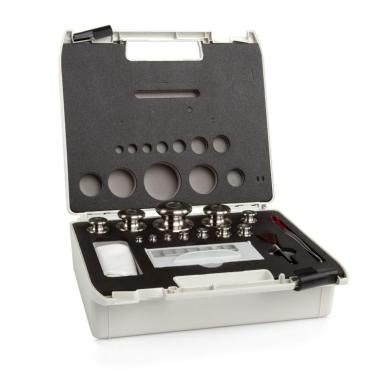
From €1,453.00ex. VAT
Didn't find what you're looking for?
Our sales team specializes in sourcing custom and hard-to-find products to meet your exact specifications.
Extensive supplier network
Quality guaranteed
Dedicated support
Didn't find what you're looking for?
Our sales team specializes in sourcing custom and hard-to-find products to meet your exact specifications.
Extensive supplier network
Quality guaranteed
Dedicated support
Didn't find what you're looking for?
Our sales team specializes in sourcing custom and hard-to-find products to meet your exact specifications.
Extensive supplier network
Quality guaranteed
Dedicated support
Customer Service
Here to help you with: Product Inquiries, Shipping & Support, Technical Support, Business Inquiries and Press.
We are available to assist you Mon-Fri, 10am - 5pm CET.
